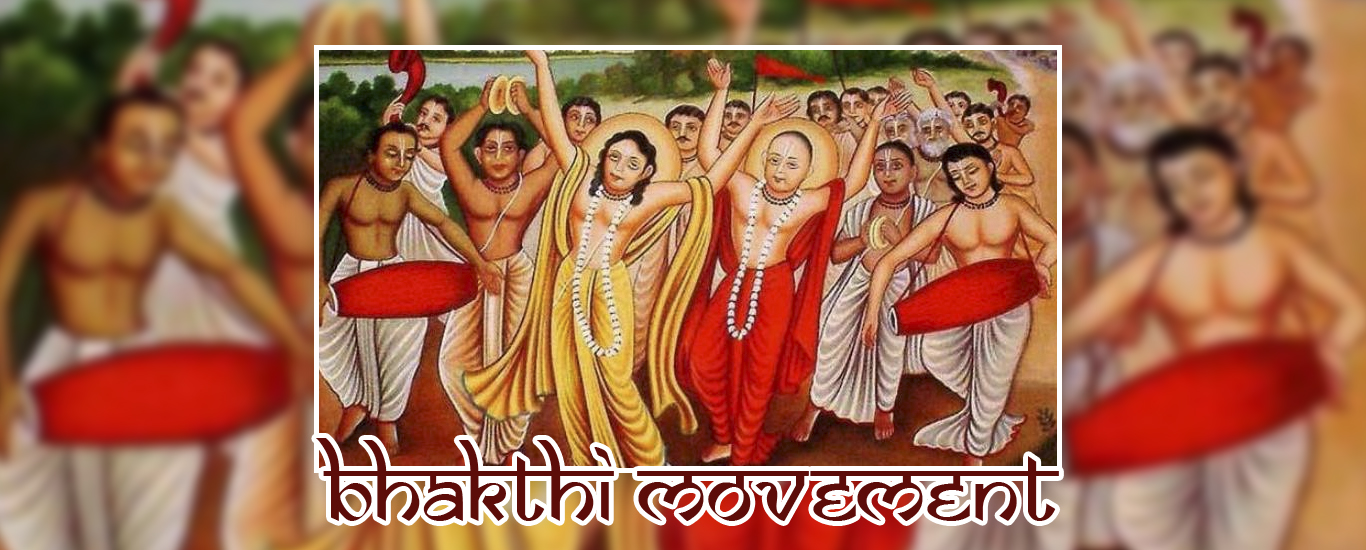Yogis, Sufis, and Mystics from Uttar Pradesh (UP)
Practicing yoga changes everybody’s life as it allows to free someone from forced stress and any ailments, and yoga is part of well-being and wellness in life, India, and the Hindu culture contributed Yoga to the world. While Sufism is a spiritual and mystical philosophy of Islam that aims at a direct link to god by dropping material goods and relationships. Sufis devote themselves to God through meditation, repetitive prayer, and non-violence. Mysticism is the belief that conscious knowledge of God, spiritual truth, or non-duality can be attained through experience. There are several yogis, Sufis, and mystics in Uttar Pradesh who are famous and respected. This article is a homage to yogis, Sufis, and mystics in UP.
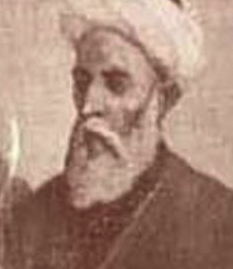
1. Amir khusrao
One of India’s greatest poets, almost 700 years ago Abu’l Hasan Yamin ud-Din Khusrau mostly called Amir khusrao was born in Patiyali, Kasganj district, in modern-day Uttar Pradesh. He was a poet, Sufi singer, musician and scholar who lived under the Delhi Sultanate. He was born to an affluent Indian and Turkish couple. By the time he was 8 years old he was composing his own verses. Khusrau was a mystic and a spiritual follower of Nizamuddin Auliya of Delhi, India. He wrote his poetries mainly in Persian and also in Hindavi.
His poems became largely centered on the Nizam. His works of Sufi poetry was at its peak of excellence where his words elevate the ordinary into something sublime. Khusrau’s devotion and skill helped establish the power of Sufi poetry and music today. Khusrau is also known as the “father of qawwali”
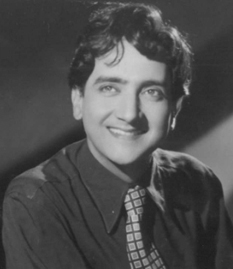
2. Bharat Bhushan
An Indian yoga guru and honored by Padma Shri for yoga in 1991, Bharat Bhushan, was born 30 April 1952.
He was born in Saharanpur, Uttar Pradesh. Bharat Bhushan is the first receiver of the “Padma Shri Award” given by the President of India for his contribution to yoga.
He considers yoga as the best remedy to individual, social and international issues as it deals with the mind.
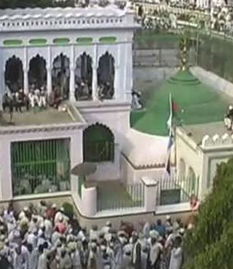
3. Ghazi Salar Masud
A semi-legendary Muslim figure from India, Ghazi Salar Masud mostly known as Ghazi Miyan (1014 – 1034 CE) had been respected as a warrior. His tomb (dargah) at Bahraich, Uttar Pradesh, India, also became a center of pilgrimage by the 12th century.
One of the major pieces of information about Ghazi is the historical romance Mirat-i-Masudi or “Mirror of Masud”. It is a Persian-language hagiography penned by Abdur Rahman Chishti in the 1620s.
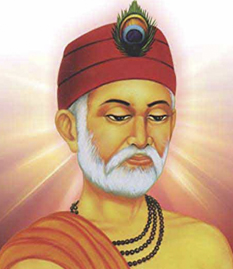
4. Kabir Das
A 15th century Indian mystic poet and saint was considered to be one of the greatest poets as well as mystics ever born in India. According to legends Kabir was born in 1398 to an unwed mother in Varanasi Uttar Pradesh. His mother dropped him in a basket that was floating in a pond and Kabir was picked up and raised by a Muslim weaver.
He was immensely motivated by his teacher, the Hindu bhakti leader Ramananda. Kabir was well known for being a critic of both organized religion and religions. Both Hindus and Muslims that were inspired by him claimed him as theirs when he died. His legacy exists and continues through the Kabir panth (“Path of Kabir ”), a religious community that acknowledges him as its founder and is one of the Sant Mat sects. The fellows of Kabir panth are known as Kabir panthis.

5. Nizamuddin Auliya
One of the most famous Sufi saints, Syed Muhammad Nizamuddin Auliya was from the Indian subcontinent region. He was best known as Hazrat Nizamuddin, and Mahbub-e-Ilahi (Beloved of God). He is a well-known Sunni Muslim scholar and Sufi saint of the Chishti Order. Nizamuddin Auliya claimed love as a means of achieving God as most of the Chishti Sufi saints. He asserted that the love of God implied a love of humanity. The Muslims of Delhi and the world over had a major influence on him. His forefathers were Moinuddin Chishti, Fariduddin Ganjshakar and Qutbuddin Bakhtiyar Kaki, who were the leaders of the Chishti spiritual chain or silsila in the Indian subcontinent.
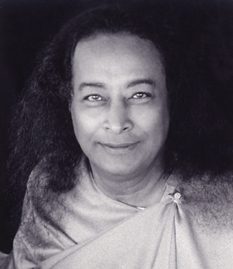
6. Paramahansa Yogananda
Paramahamsa Yogananda (born Mukunda Lal Ghosh) was born on January 5, 1893, was an Indian Hindu monk, yogi, and guru who commenced millions to the teachings of meditation and Kriya. Paramahansa Yogananda was the first yoga master of India to live and teach in the west. For over 15 years Yogananda crisscrossed the US giving lectures and classes in major cities. His lasting influence is greater still. He was a true spiritual revolutionary whose message of joy is as vital today as ever.
In 1946 he published his Autobiography of a Yogi, one of the most influential books of our time. It has sold well over 10 million copies and has been translated into 34 different languages. He died on March 7, 1952.
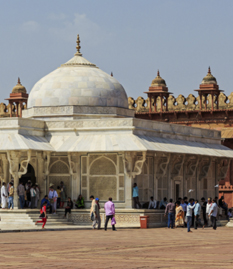
7. Salim Chishti
Born in 1478, Salim Chishti was a Sufi saint of the Chishti Order during the Mughal Empire in India.
The Mughal Emperor Akbar approached Chishti’s home in Sikri to request him to pray for a male heir for the throne. He blessed Emperor Akbar, as he was blessed with the first of three sons. His first son was named as Salim (later emperor Jahangir) to the remembrance of Chishti. A daughter of Sheikh Salim Chishti was the foster mother of Emperor Jahangir. The emperor was immensely fond of his foster mother, as reflected in the Jahangirnama and he was very close to her son who was made the governor of Bengal, Qutb-ud-din Khan Koka.
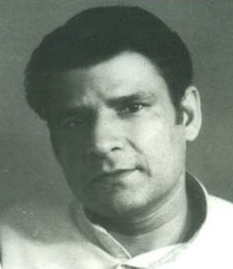
8. Dushyant Kumar
He was born on 1 September 1931 and was an Indian poet of modern Hindi literature. He is mainly known as one of the foremost Hindi poets of the 20th century and was famous for writing Hindi Ghazals.
Dushyant Kumar’s wife’s name was Rajeshwari Tyagi. He died on 30 December 1975.

